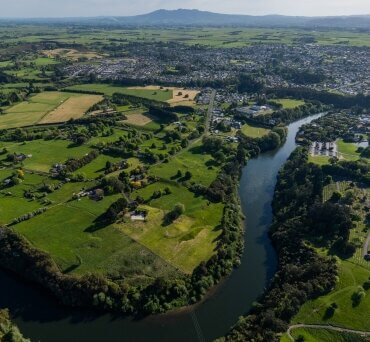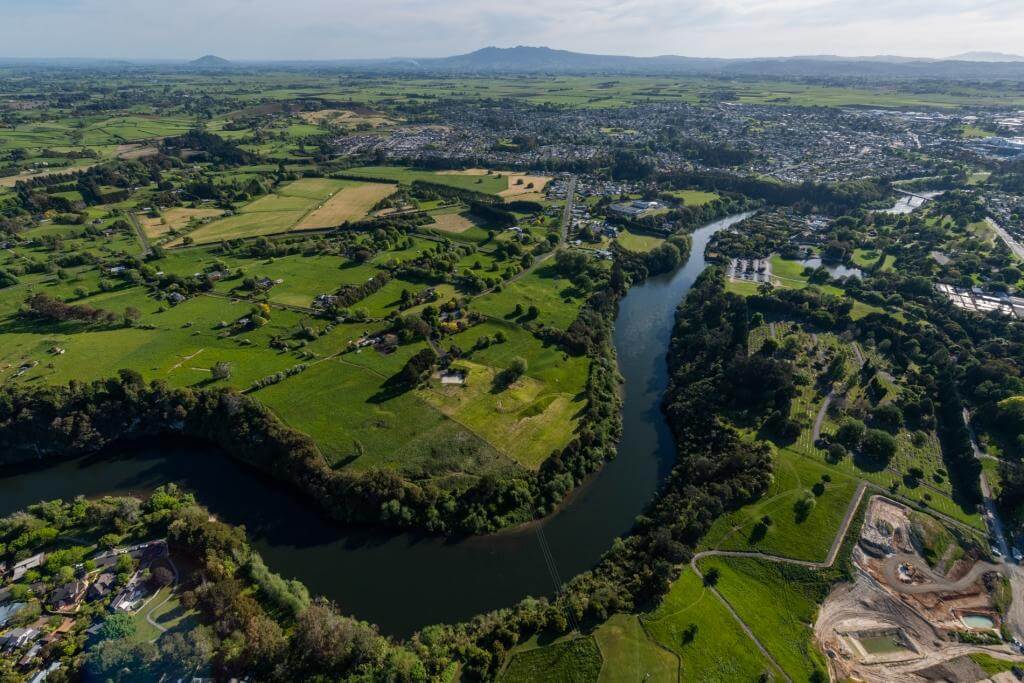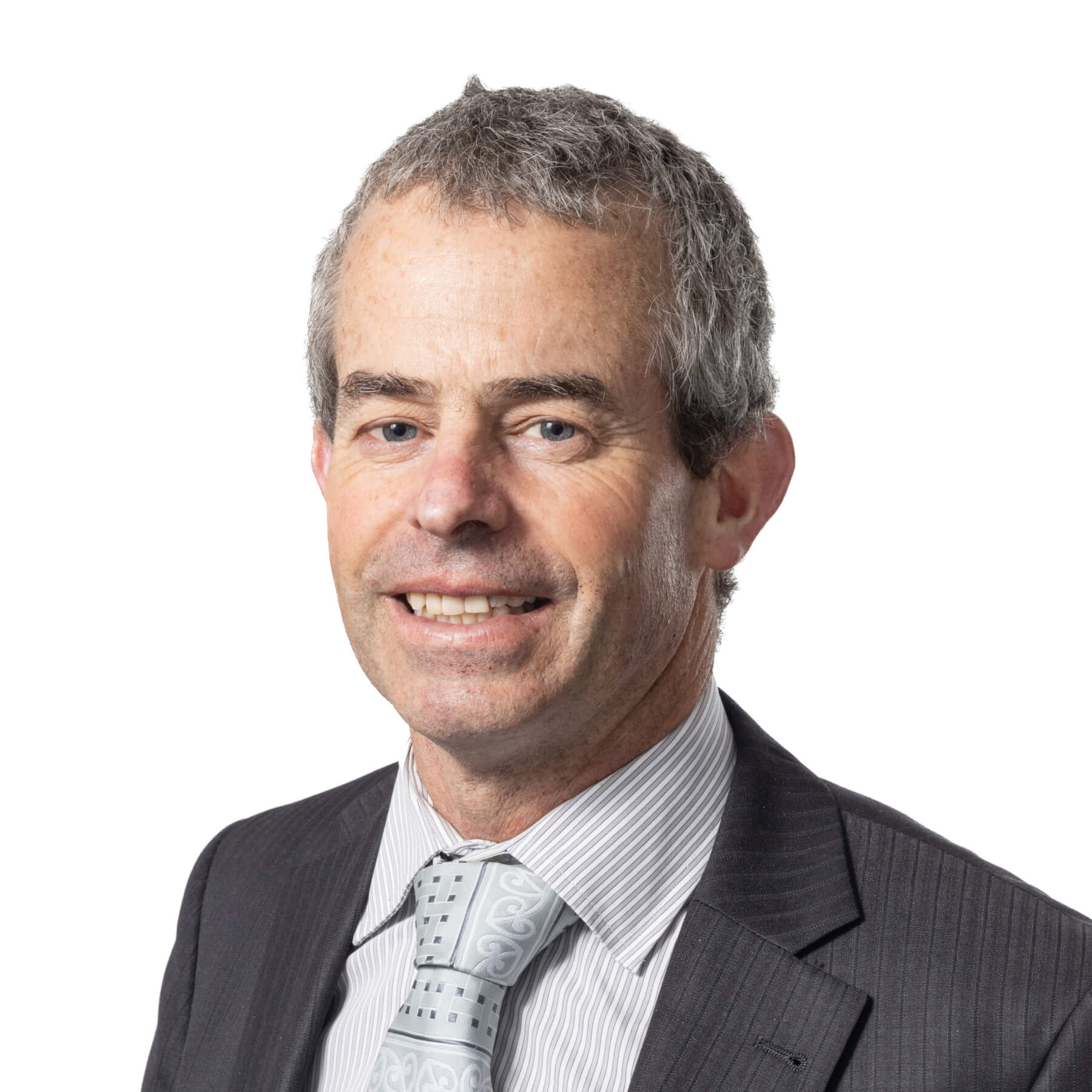
Waikato River
Work has been underway by Waikato Regional Council (WRC) for much of the past year preparing for our 2024–34 Long Term Plan budget.
We are looking to go out to the public with our formal draft in March and following consideration of submissions from the community, we will be formally adopting the plan in June.
The regional council is no different to every other council throughout the country at the moment, and is facing a number of challenges in terms of maintaining the levels of service expected by our ratepayers within an acceptable rates envelope.
The challenges faced by regional councils are somewhat different to those face by city and district councils (territorial authorities) in that Regional councils do not have the infrastructure maintenance and upgrade challenges that territorial authorities do, so it’s a bit unfair to compare the two in terms of rates increases as they are quite different, however the challenges of inflation and limited funding mechanisms (for example rates) is common to both. Inflation alone means that we are looking at a 6-7 per cent rise just to stand still. Combined with the ongoing challenges of things such as biosecurity, freshwater improvements, public transport, flood protection infrastructure and the multitude of unfunded mandates from central government (new responsibilities given to us that we are required to fund from rates), our 14 councillors are engaging in some robust debates as we endeavour to reach some sort of consensus on what our long term plan will look like for the next three years.
Council’s funding comes from three main sources. Rates make up approximately two thirds of income and are a mix of general rating (targeting all ratepayers based on property value), uniform annual general charges (a per-property rate not connected to property value) and targeted rating (specifically targeting particular services such as flood protection, catchment and drainage management). The balance is made up of fees and charges from our resource consenting process, government grants (transport) plus a small contribution from our investment fund income that is currently utilised to offset rates.
With the new coalition government signalling a number of changes to legislation that directly impacts a number of activities undertaken by councils across the country, Waikato Regional Council is waiting to see what these changes will mean, as any changes in this space will inevitably impact our work programmes.
The council is about to undertake a representation review. We have 14 councillors representing six general and two Māori constituencies, however we are required to undertake a review of this at least every six years to ensure our representation arrangements are consistent with the latest population data, demographic trends and communities of interest.
The latest electoral population figures for the Waikato are 513,700, made up of 432,200 on the general roll and 81,500 on the Māori roll. Our constituencies are determined on electoral population numbers and must be within plus or minus 10 per cent of each other. One of our constituencies, Waihou general, does not meet this requirement, hence we will have to make some changes.
Waipa district is part of the regional council’s Waipa – King Country constituency, which covers an area stretching from Cambridge in the north to Mokau in the south on our boundary with Taranaki Regional Council.










